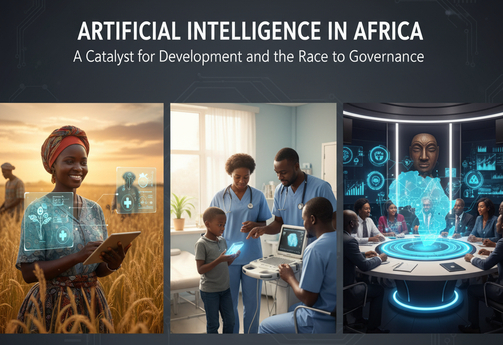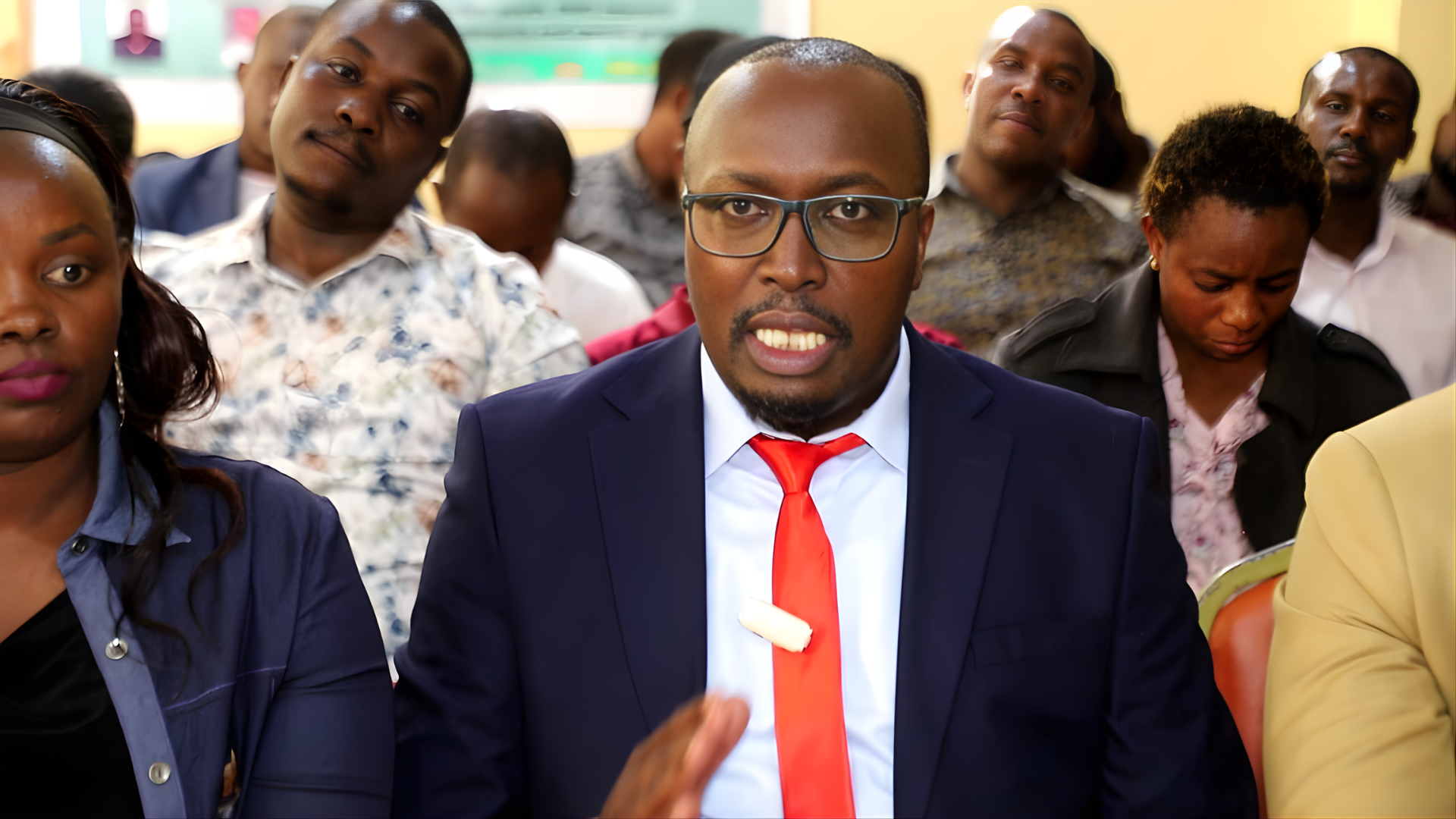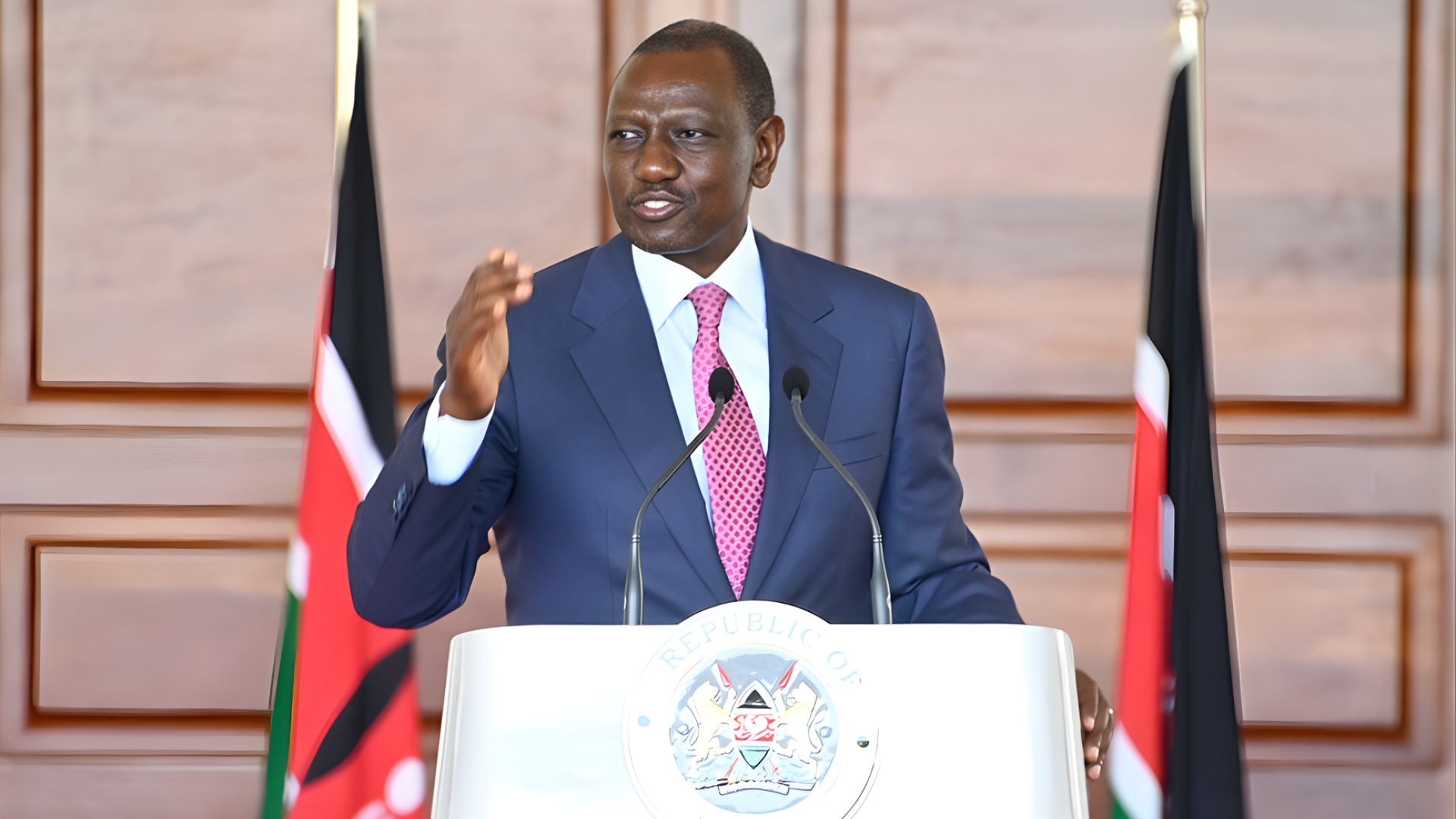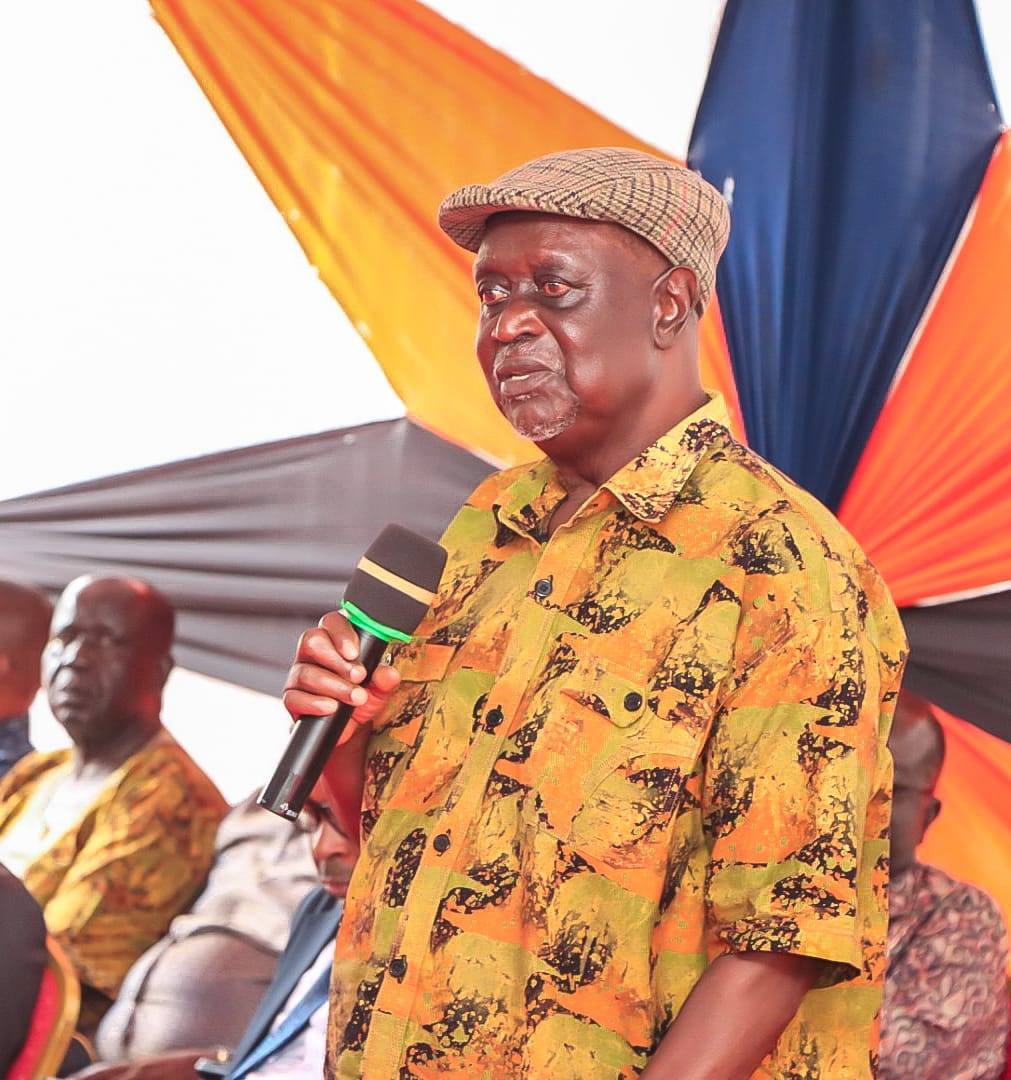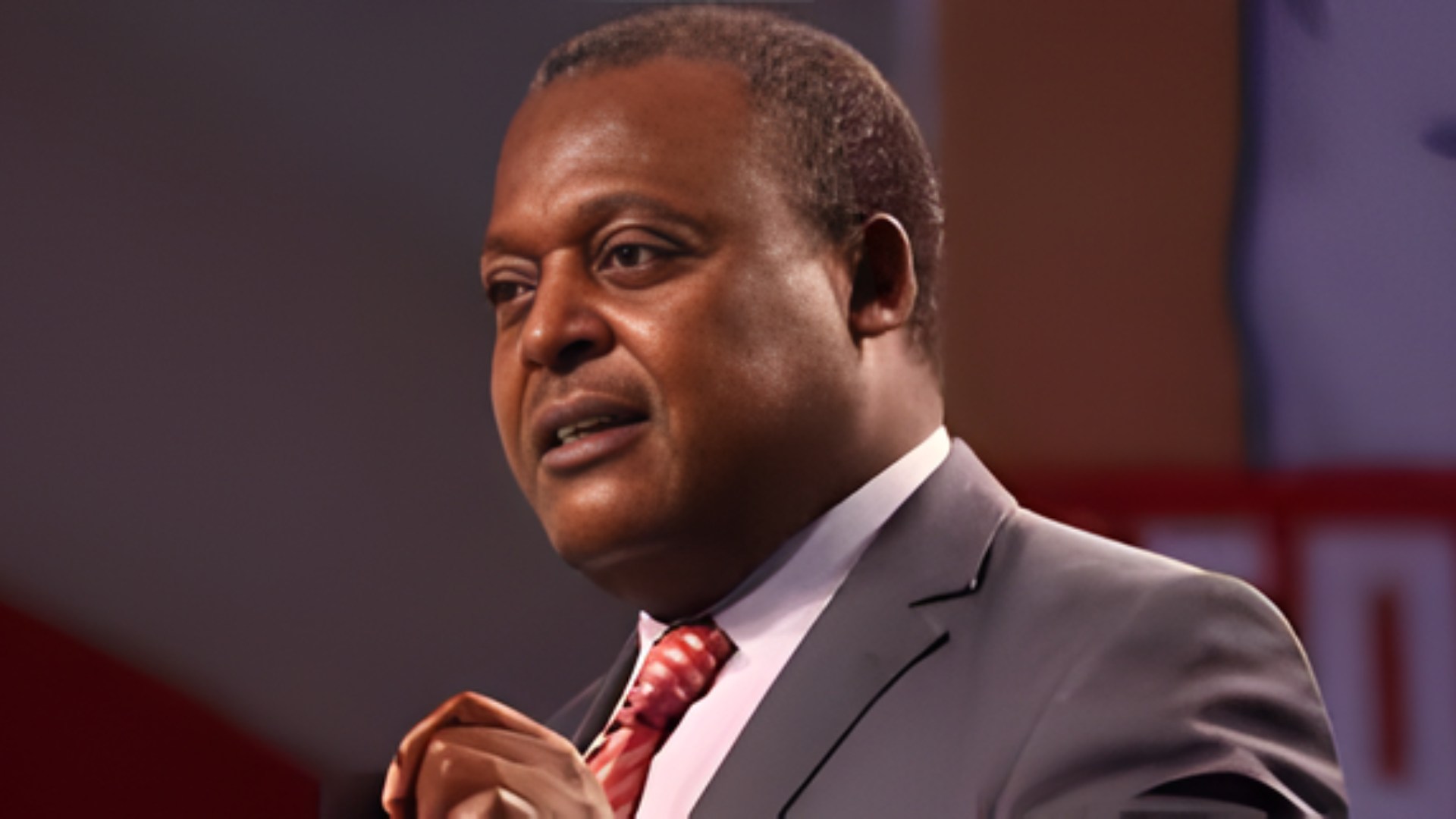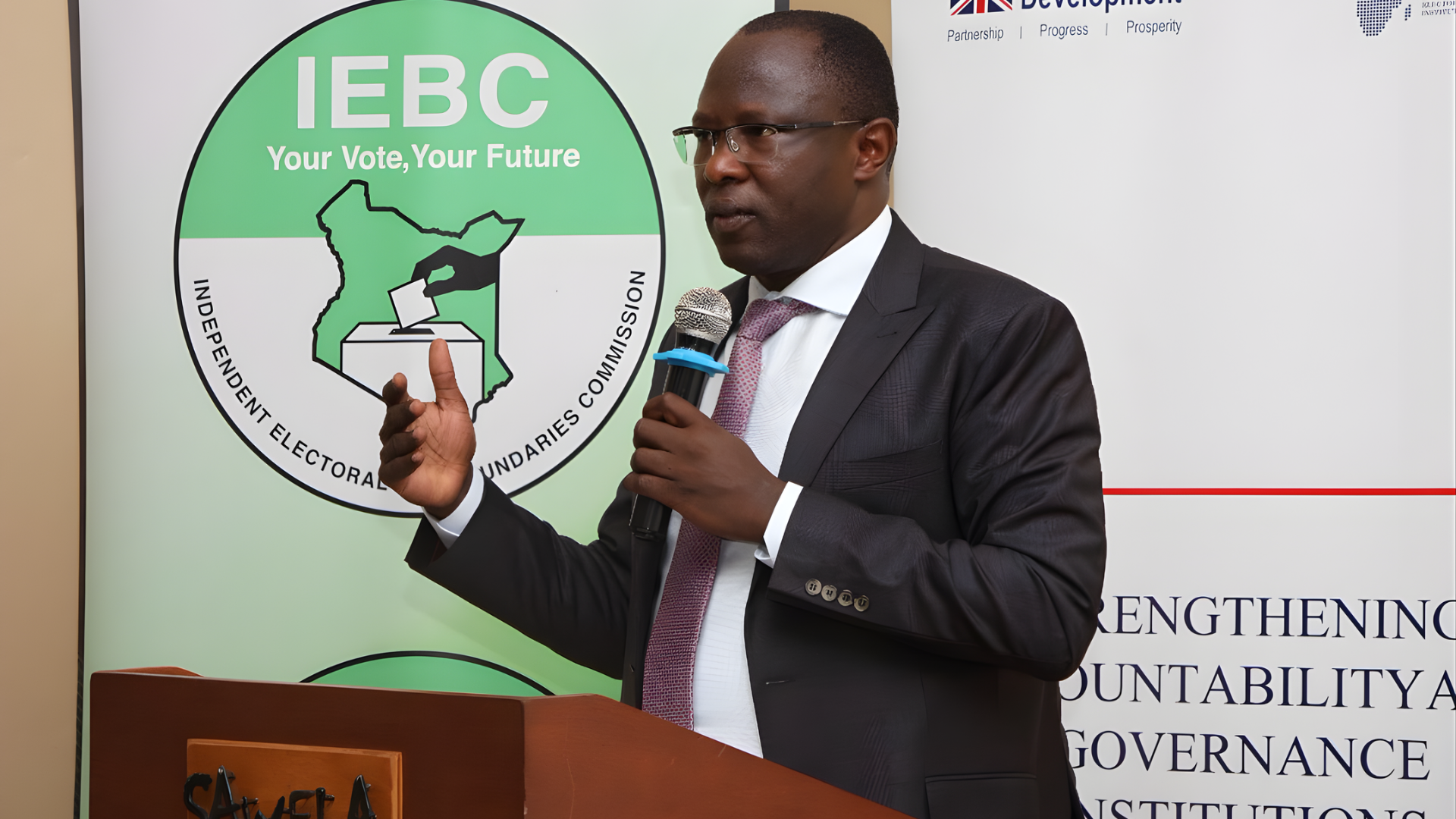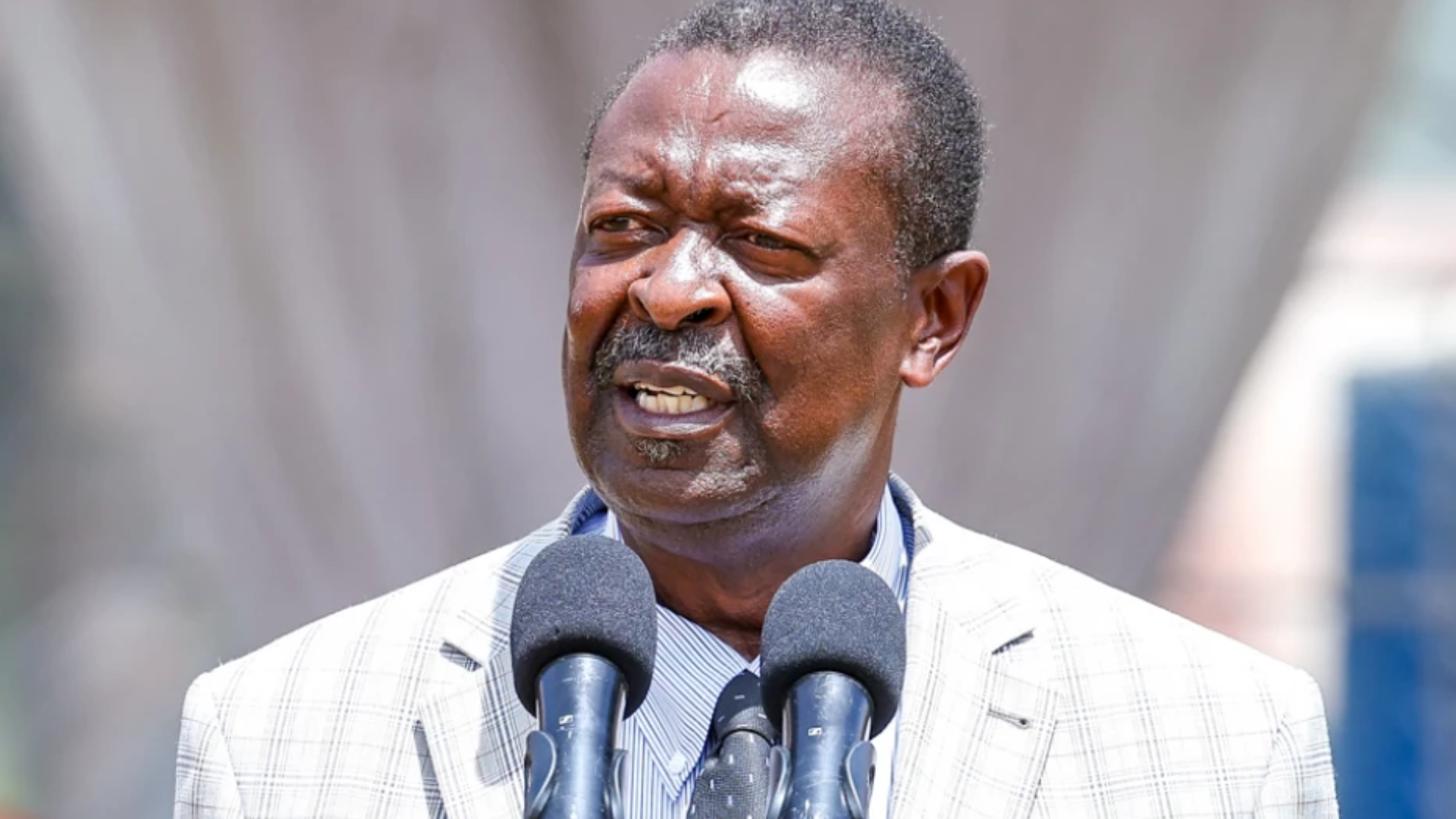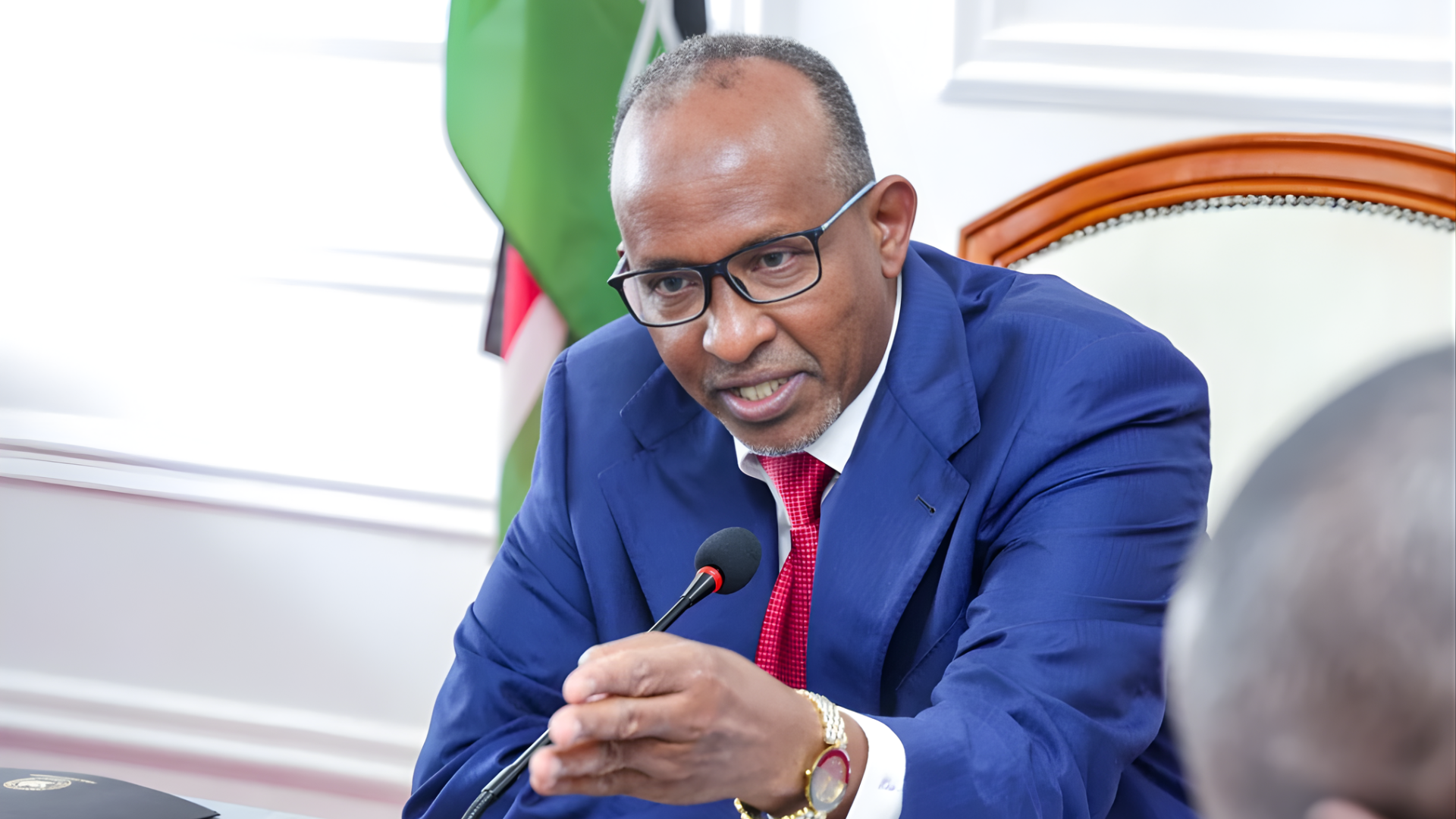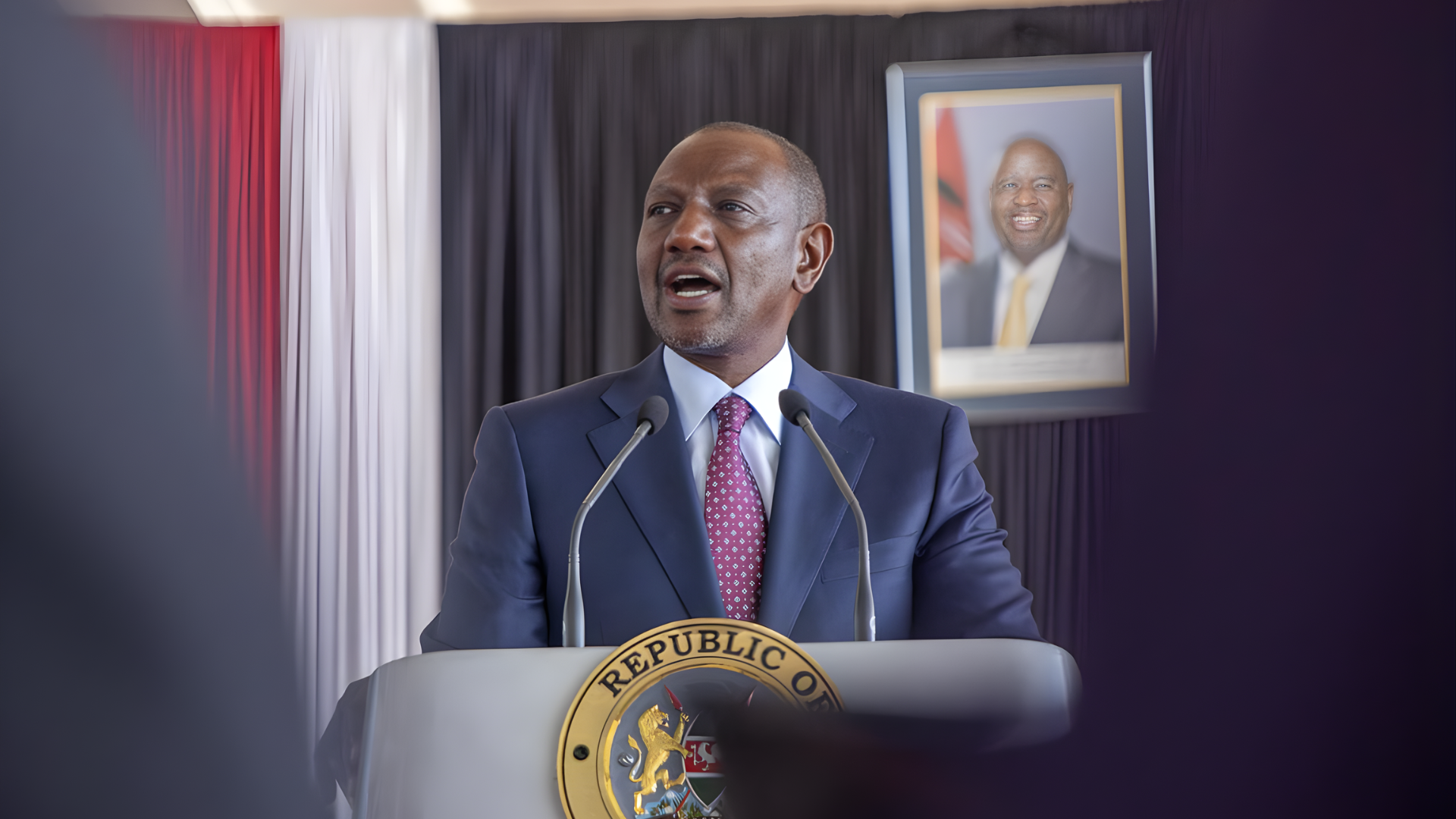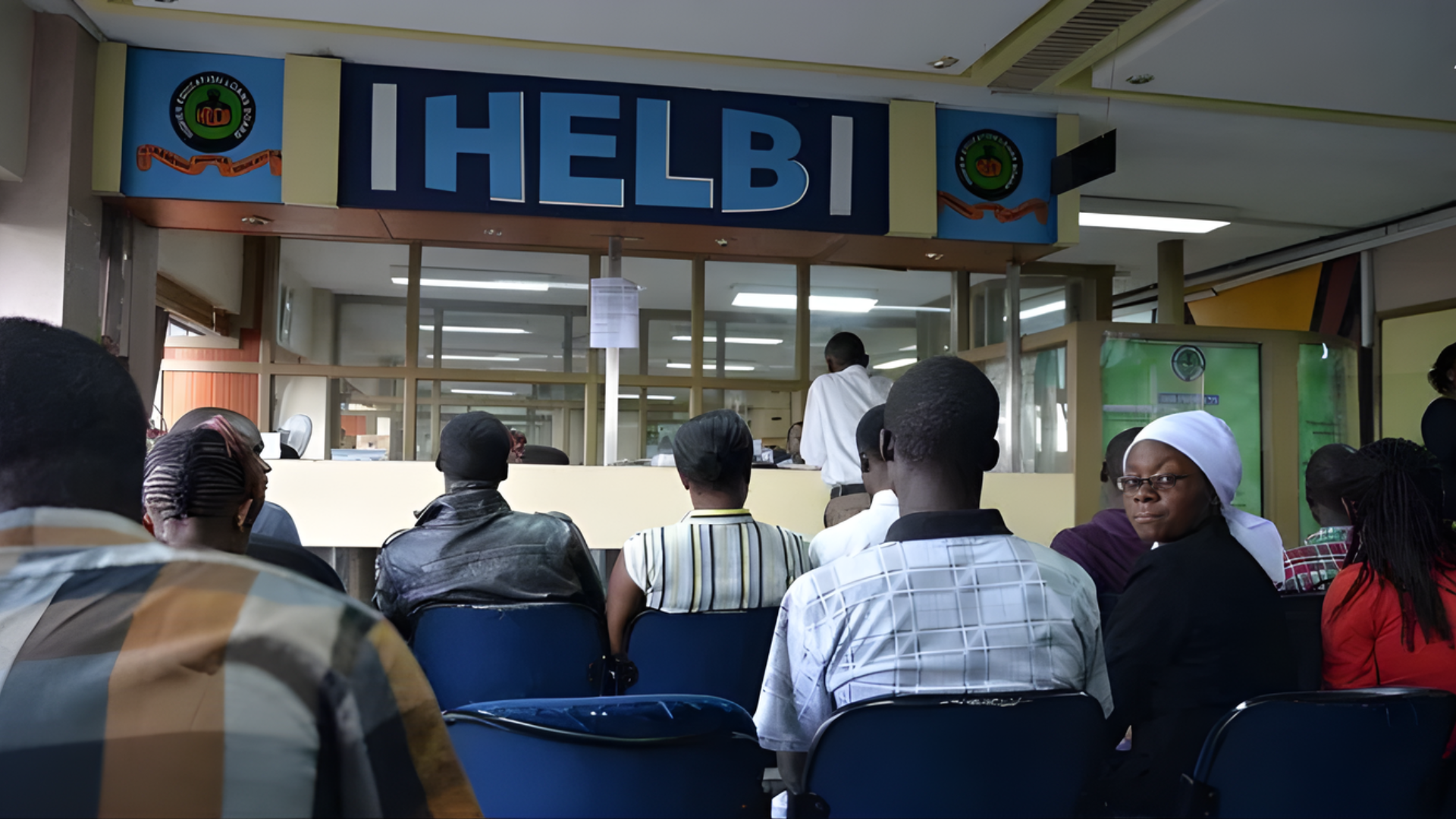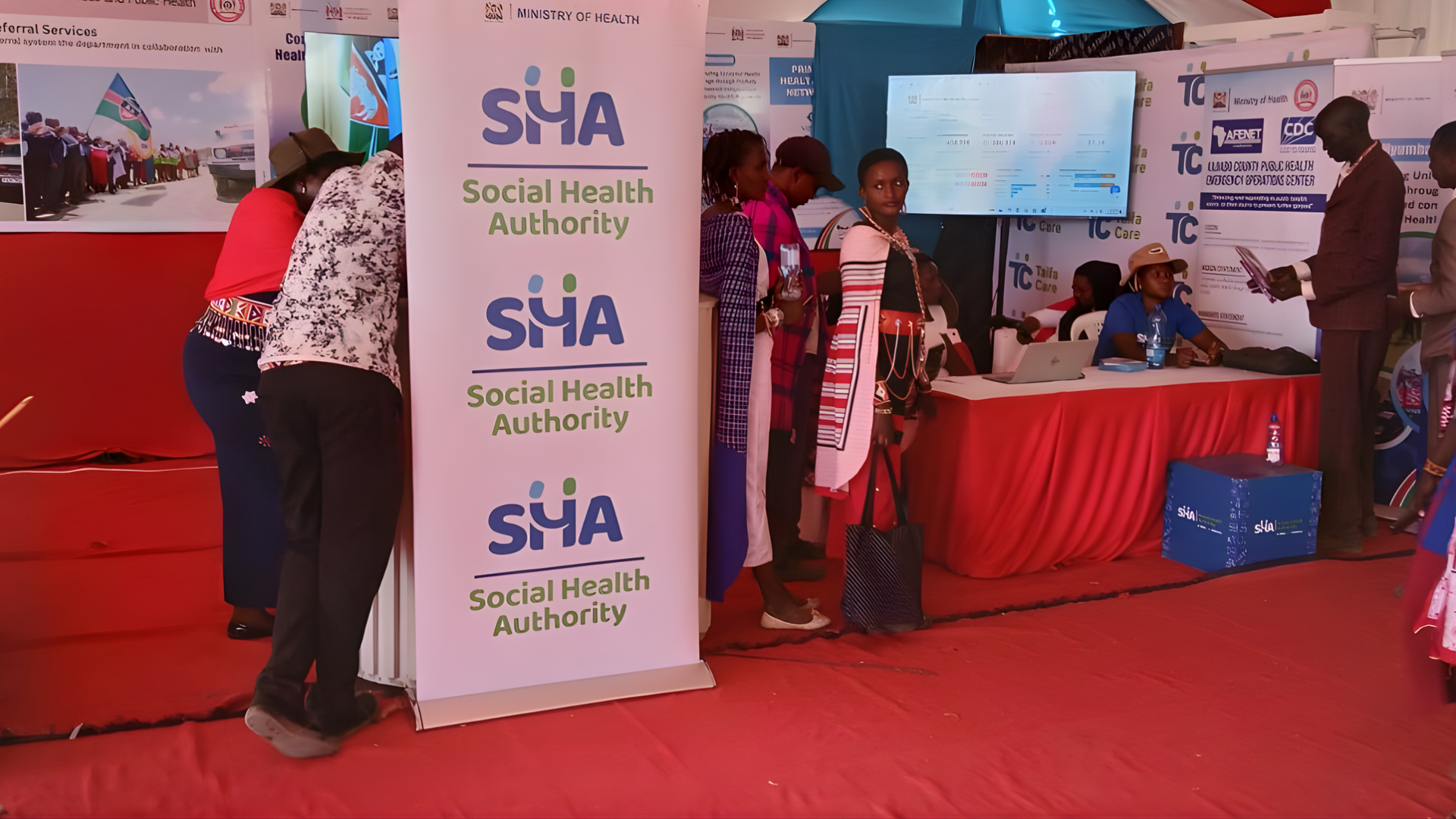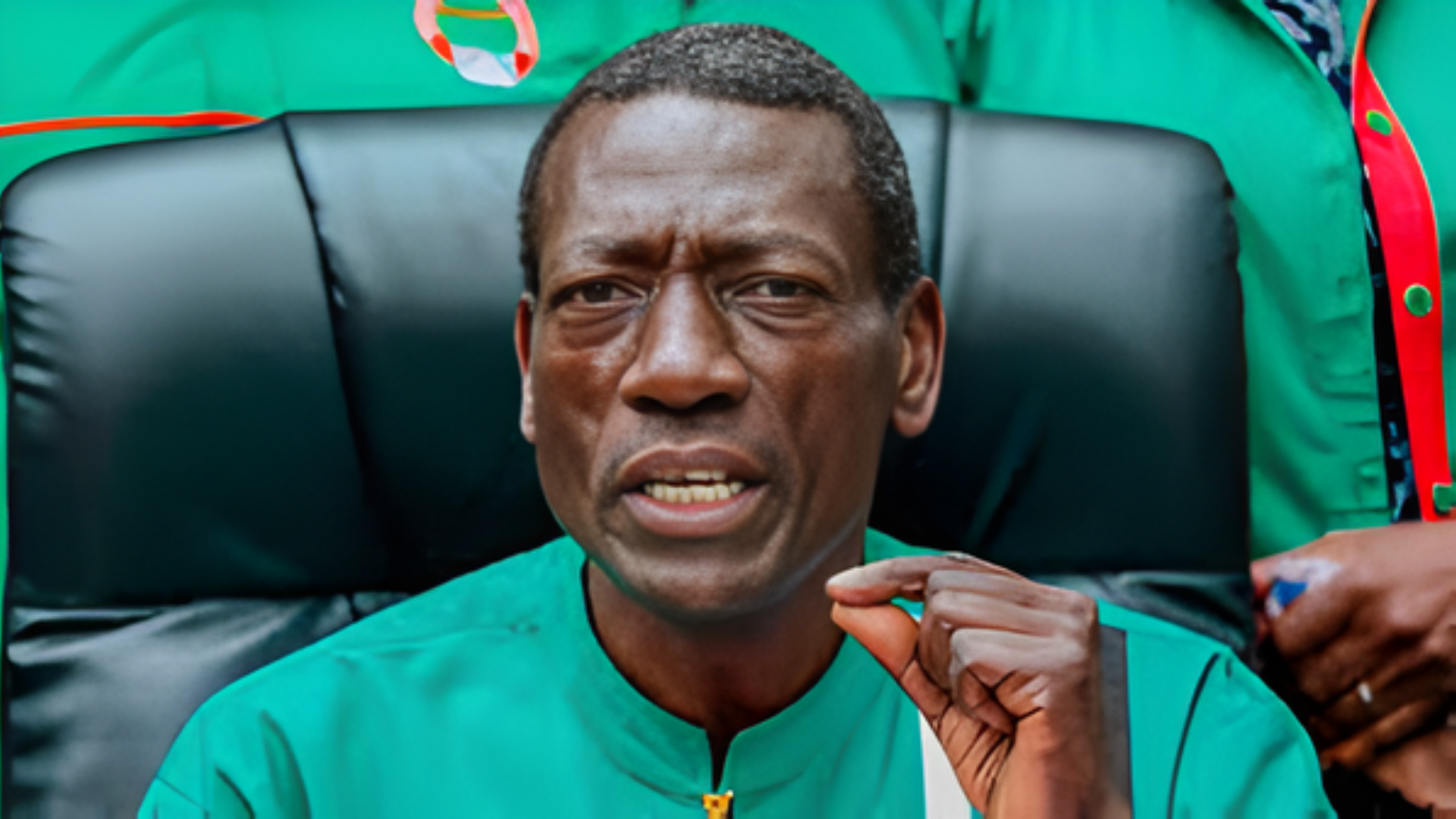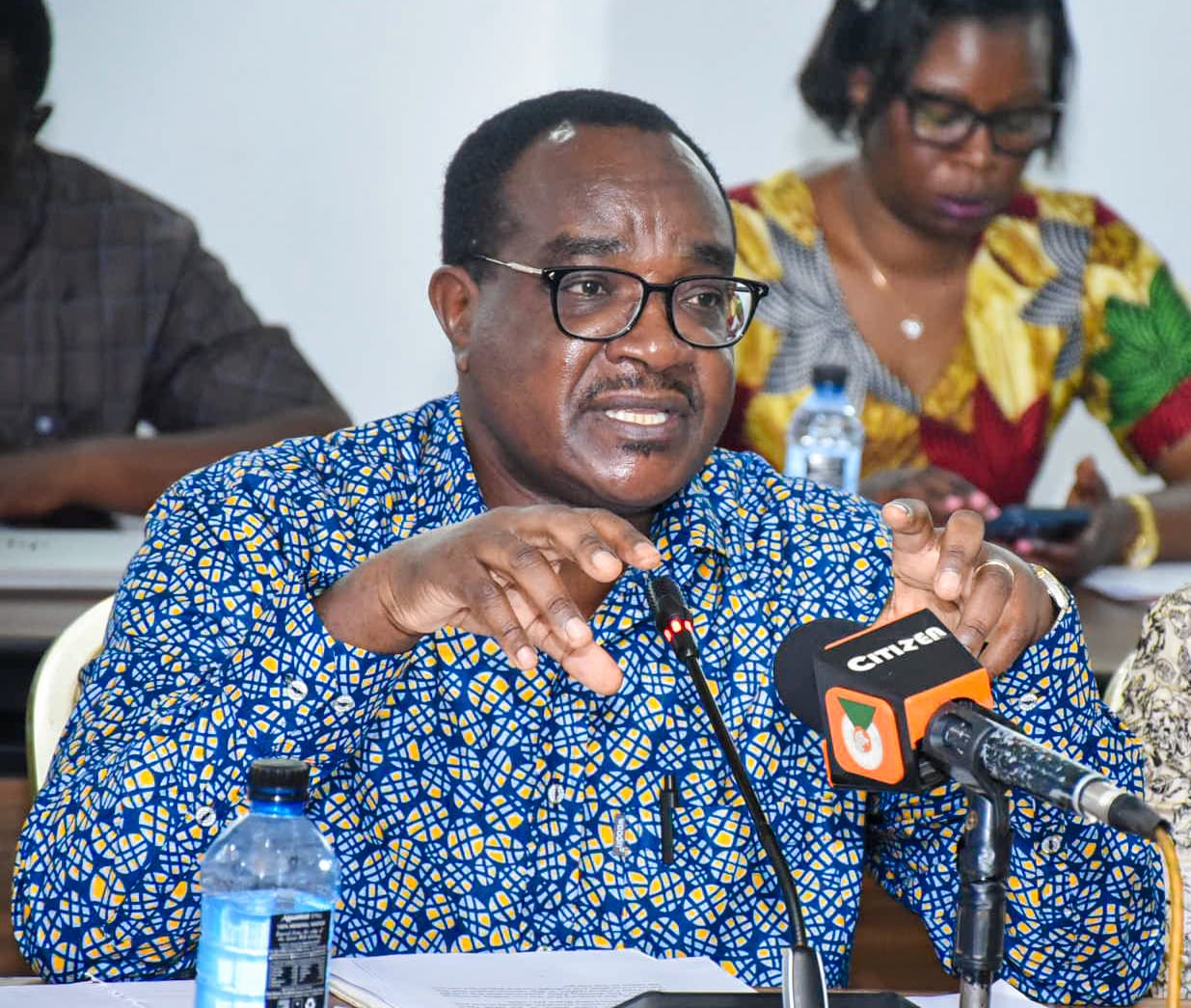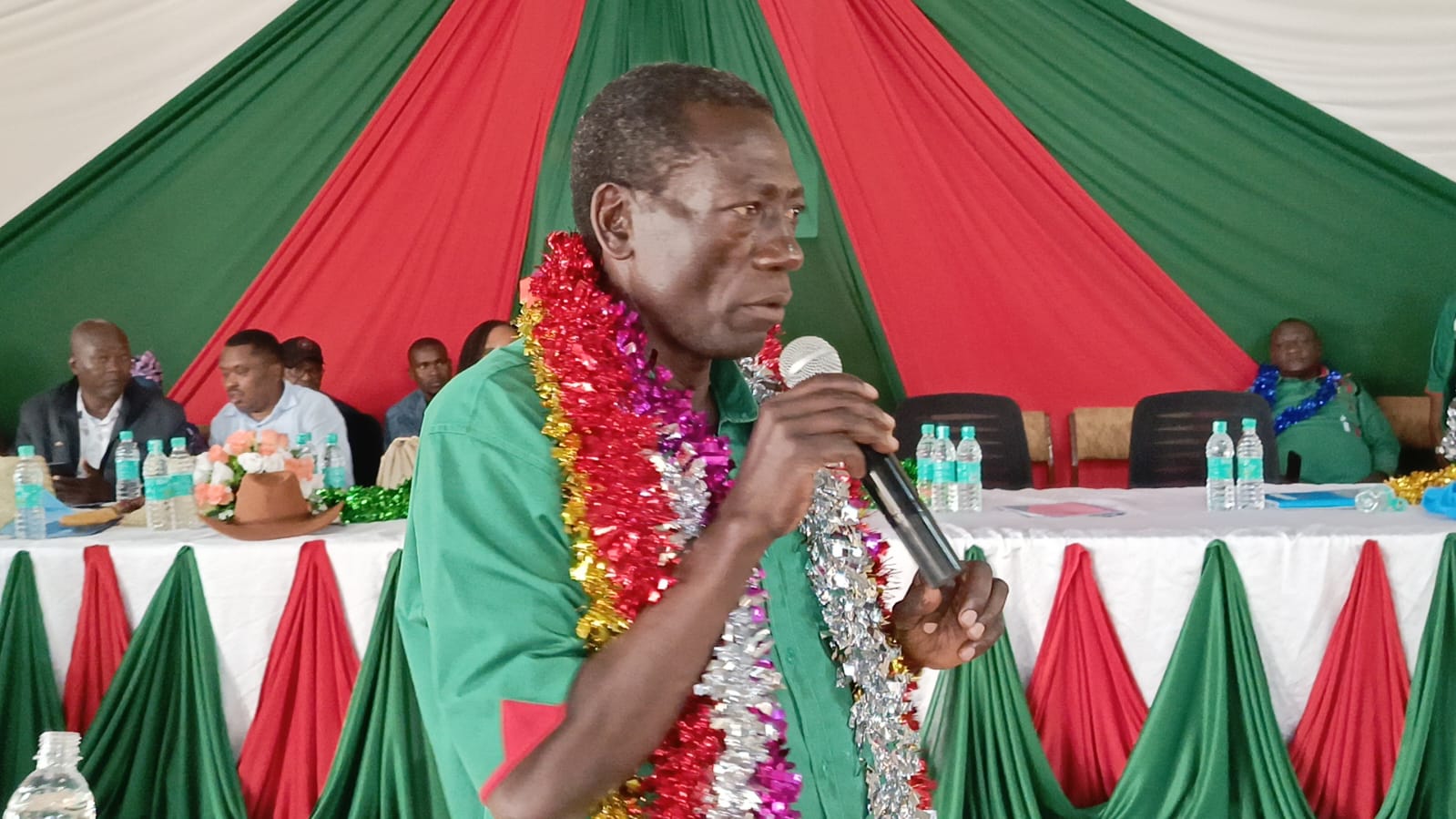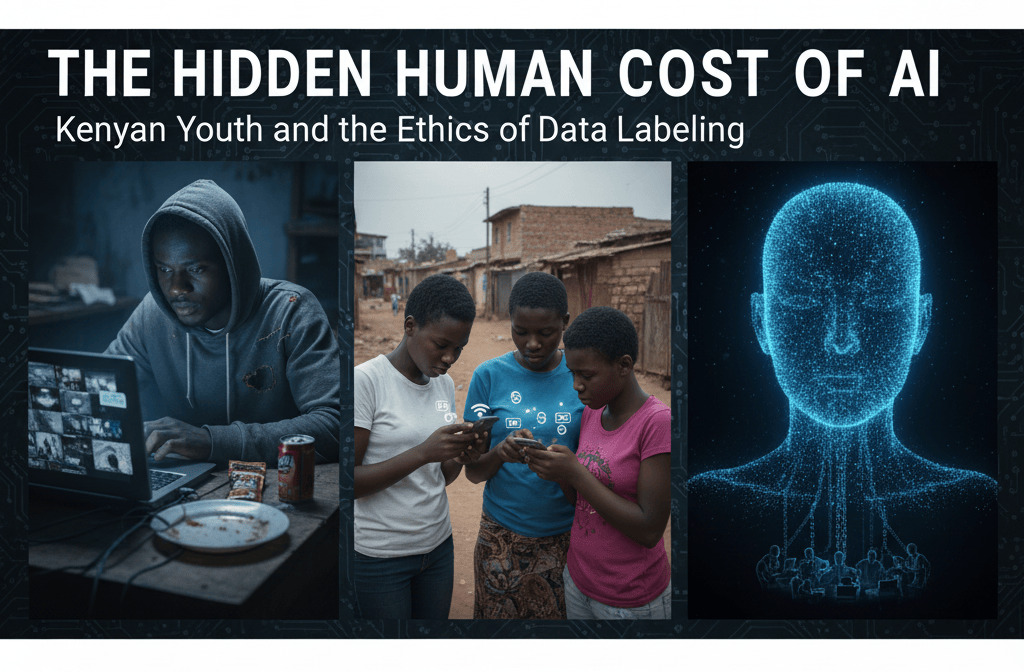NAIROBI, KENYA – Artificial Intelligence (AI) is rapidly emerging as a transformative force across Africa, moving beyond niche applications to directly address the continent's most persistent developmental challenges in sectors like healthcare, agriculture, and finance. Concurrently, African nations and the African Union (AU) are accelerating efforts to establish governance frameworks to ensure AI development is ethical, inclusive, and aligned with local priorities.
The AI Landscape: Solving Local Challenges
AI adoption across the continent is not merely about keeping pace with global trends; it is focused on creating localized solutions to improve livelihoods.
Healthcare: AI is being deployed to circumvent resource limitations. Initiatives are utilizing AI for automated diagnostics, such as using advanced algorithms with ultrasound probes to make reliable diagnoses in areas with a shortage of qualified staff, a key effort by organizations like IRCAD Africa (as referenced by the French Development Agency, AFD). Furthermore, startups like Nigeria’s Ubenwa are using signal processing and machine learning to improve the diagnosis of birth asphyxia in low-resource settings, as detailed in research published in the National Library of Medicine (PMC).
Agriculture (Agritech): AI's role in agriculture is critical, given the sector's economic cornerstone status. AI-powered tools are increasingly used for precision farming, leveraging satellite imagery and sensors to optimize irrigation and provide climate-smart advisory services to smallholder farmers. The platform "Hello Tractor," for example, connects smallholder farmers with tractor owners and uses machine learning to monitor tractor usage and forecast weather patterns, according to the World Bank. Another example is the use of machine learning algorithms to help farmers detect crop diseases in their early stages, an initiative supported by AI4D Africa grants (AFD).
Language Inclusivity: A growing area of focus is on overcoming the language barrier in technology. Projects like the NTeALan Project (New Technologies for African Languages) and AI systems like AWA—a Wolof-speaking AI developed by Senegalese startup Andakia—are working to incorporate local languages into AI models, enhancing access to digital technology for millions of African citizens (AFD). Google.org has also committed $3 million to the Masakhane African Languages AI Hub to expand open-source tools across more than 40 African languages (Google Blog).
The Governance Push: An African-Centric Approach
Recognizing both the potential and the risks of AI, African governments and continental bodies are prioritizing AI governance.
Continental Strategy: The most significant development is the adoption of the Continental Artificial Intelligence Strategy by the African Union Executive Council in July 2024. This strategy, guided by principles of ethics, inclusion, and diversity, provides a common vision and framework for member states. It emphasizes five focus areas: harnessing AI's benefits, building AI capabilities, minimizing risks, stimulating investment, and fostering cooperation (African Union).
Policy and Regulation: At the national level, a growing number of countries are developing AI strategies. The Carnegie Endowment for International Peace’s Africa Technology Policy Tracker shows twelve national AI strategies and three national AI policies published to date. Nigeria is a notable example, having released its National Artificial Intelligence Strategy in 2024 with the support of 120 experts and startups (AFD).
Governance is also being built on existing digital frameworks. The Malabo Convention—the AU’s legal framework for data protection and cybersecurity, ratified in 2023—serves as a key benchmark for AI policy, with 36 of 54 African countries having enacted formal data protection regulations (Brookings Institution). Policy discussions, as highlighted by a dialogue at the Global AI Summit on Africa, stress the importance of ensuring AI technologies are designed to address the continent’s unique needs rather than being shaped solely by external influences (Brookings Institution).
Key Players and Investment
The momentum is supported by significant investment and local expertise. Organizations like Mastercard are leveraging their AI-driven fraud detection systems, built and trained in cities like Lagos and Nairobi, to drive financial inclusion (Mastercard). Tech giants are also committing resources: Google announced in July 2025 a wave of AI support, totaling $37 million in cumulative contributions for research, talent development, and infrastructure, including grants to institutions like the African Institute for Data Science and Artificial Intelligence (AfriDSAI) at the University of Pretoria (Google Blog).
Leading African figures are also steering the conversation. Dr. Shamim Nabuuma, CEO of Chil Femtech Center in Uganda, is recognized for her award-winning work using AI and telemedicine to transform rural healthcare access, bridging the gap between rural clinics and urban specialists (African Studies Initiative, University of Minnesota).
Challenges to Overcome
Despite the progress, significant hurdles remain. McKinsey research identifies primary roadblocks to scaling AI, including limited enabling infrastructure, such as reliable power and regional cloud resources. Furthermore, concerns around data governance, including data quality, algorithmic bias, and ensuring data sovereignty, must be addressed to build trust and ensure responsible AI deployment (Brookings Institution, McKinsey).
AI in Africa is a story of pragmatic innovation—leveraging cutting-edge technology to solve tangible, everyday problems while simultaneously engaging in the complex but crucial work of shaping a robust, ethical, and African-centric regulatory future.



